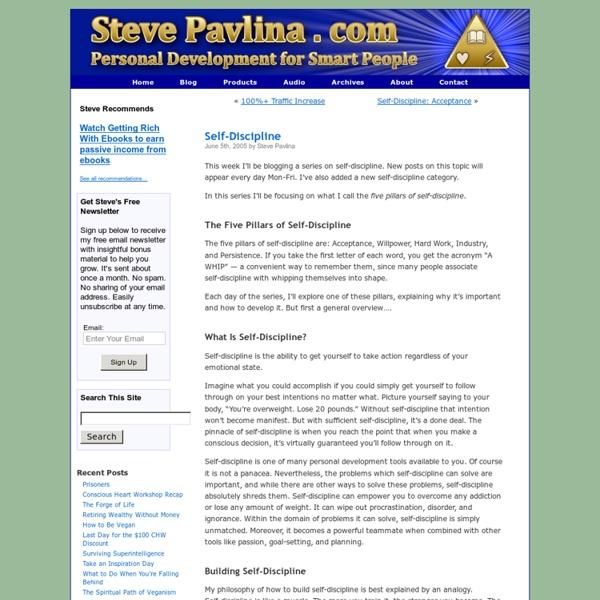Buffalo, New York latitude/longitude
Facebook friends in Buffalo, New York There are 1,997 Travel Math friends in Buffalo. Find your friends in this city! Travel deals near Buffalo, NY Save money on your next trip! Cities Travel Math provides a database of major and local cities around the world. This page was loaded in 0.9530 seconds.
Start Your Day in 33 Different Ways
Mornings are underrated. I consider them fundamental for the whole diurnal experience. What you do in the very first moments of your morning will fundamentally and inexorably shape your entire day. Most of the time you spend your mornings by routinely performing some habits, on auto pilot. Hence, your days will routinely unfold towards you, the same way day after day, on auto pilot. Consciously inserting your intentions in these very first moments will have a huge effect. Here are at least 33 ways in which you can transform your days by only spending 5 minutes every morning. 1. I love the morning stillness and the unspoken promise of something ready to start. 2. And do nothing. 3. Point your mind to something you’re really grateful for and stay there. 4. Regardless of the current season. 5. You’re going to spot it pretty easily if you put your mind to it. 6. Write an answer to an old question, do part of a small chore, move an object out of somebody’s way. 7. 8. 9. 10. 11. Let go. 12.
Easy Cheese Fondue Recipe
Here's a delicious and easy cheese fondue recipe for your next fondue party or romantic dinner for two. Make sure to use the right fondue equipment and take safety precautions to ensure no one gets burned with the hot melted cheese. But most importantly, enjoy every bite of this delicious cheese fondue. Traditionally, the Swiss used to melt Gruyère and Emmentaler cheese and this basic cheese fondue recipe is based on that. Basic Cheese Fondue Recipe *You should have a little more wine and cheese on hand to adjust the consistency if needed. 1. 2. 3. 4. 5. 6. 7. 8. 9. 10. Note: Italian or French bread (baguette) makes excellent dippers when cut into small pieces. Tip: If you ask your guests to make a figure 8 while dipping, this will ensure that the cheese mixture gets constantly stirred. Share YOUR favorite cheese fondue recipe with the world If I missed an excellent cheese fondue recipe, feel free to post it here. What Other Fondue Fans Have Posted Return to Best Fondue Homepage
How to Build Self-Discipline
Discipline is freedom. You may disagree with this statement, and if you do you are certainly not alone. For many people discipline is a dirty word that is equated with the absence of freedom. Self-discipline involves acting according to what you think instead of how you feel in the moment. Work on an idea or project after the initial rush of enthusiasm has faded awayGo to the gym when all you want to do is lie on the couch and watch TVWake early to work on yourselfSay “no” when tempted to break your dietOnly check your email a few of times per day at particular times In the past self-discipline has been a weakness of mine, and as a result today I find myself lacking the ability to do a number of things which I would like – e.g. to play the guitar. If you struggle with self-discipline, the good news is that it can be developed. 1. Discipline means behaving according to what you have decided is best, regardless of how you feel in the moment. 2. 3. 4. 5.
My HealtheVet
What`s YOUR health age? Yes, you`re healthy. You are eating better food, you even exercise a bit. You take medications on time, keep a positive attitude in life. So, yeah, you`re healthy. But do you know your health age? The healtheliving assessment (HLA) can help you better understand how you can lead a healthier life. TXT Messages Help Vets Quit with SmokefreeVET Quitting smoking is one of the hardest goals to accomplish. Diabetes, Drinking and Smoking: A Dangerous Combination Any way you look at it, smoking is bad for your health. My HealtheVet is the VA's Personal Health Record.
5 important questions each day
Cornerstone Community Federal Credit Union - Home
How To Create A Habit In 15 Days
Most of our life is lived by habits. We learn how to ride a bike, how to drive a car, we even learn how to speak and read. And then we do all of these with minimum effort and implication. Basically, all of these are habits. They allow us to focus on other things while pushing the routine into background. As any other things in our life, habits are just tools we use in our joyful exploration of life. In today’s post I’ll share some of my experiences with habit creation using one of my favorite activities: journaling. Why Do You Need A New Habit? Well, let’s say you want a new habit in order to: write on your blog more oftenupdate your twitter status dailywrite each day a page from your new bookstart a fitness programstart a new eating habit or dietlearn a new language All these new activities are made by some repetitive tasks, a set of moves you have to do daily in order to get some positive results. How To Create A Habit In 15 Days All you need for that is a journal. Day 1: Name your habit



